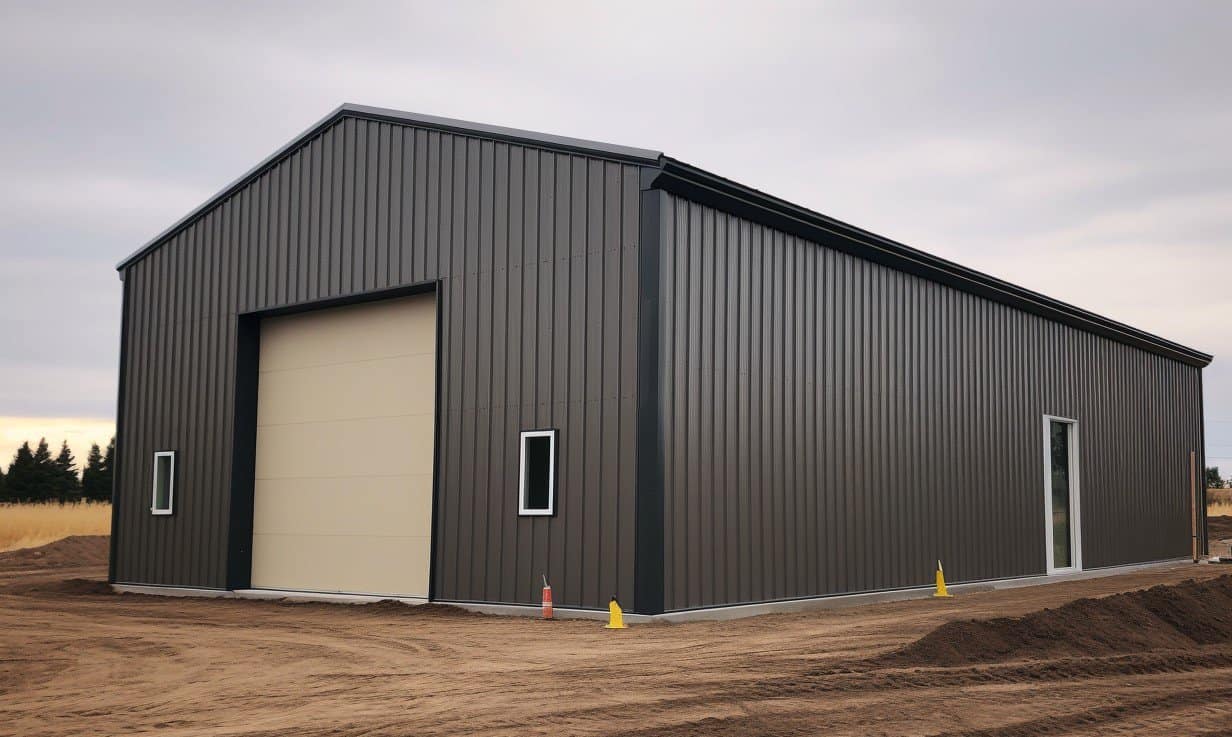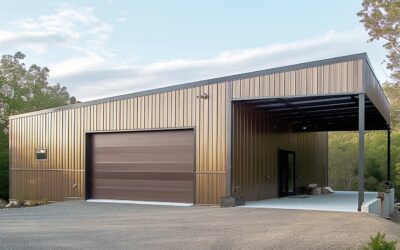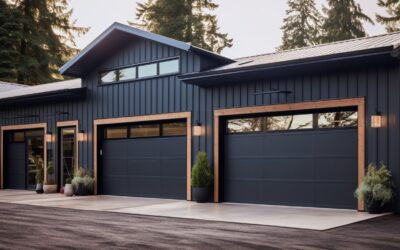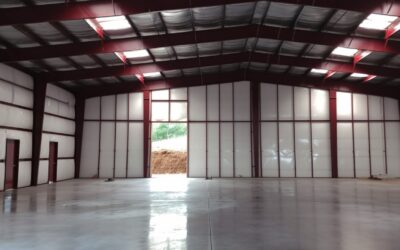Environmental change is becoming an unprecedented issue for farmers worldwide. As we enter a future plagued by unpredictable weather patterns, increased disease risk, and resource scarcity, the necessity for future-proof farming steel structures is escalating. As we delve into this subject matter, we would explore how steel in agriculture is now more vital than ever before.
Steel in Agriculture – Unveiling the Prospects of Future-Proof Farming
Modern farmers are compelled to find innovative ways to future-proof their operations. One way they are achieving this is through the use of steel in agriculture. Steel buildings offer farmers a variety of benefits, from strength and durability to cost efficiency and sustainability.
Unlike traditional wooden structures, steel buildings are resistant to rot, pest infestation and are non-flammable. Their weather-resistant nature makes them an ideal choice for farmers facing increasingly unpredictable climate patterns. With the right design and treatment, such structures can withstand harsh environmental conditions, providing a safe and secure space for animals, crops, and machinery. Haven’t you ever wondered how an increase in the use of steel could revolutionize traditional farming methodologies?
The Different Types of Agricultural Buildings
When you think of agricultural buildings, what structures come to mind? You might picture barns and silos, but there are many more structures involved in agricultural production. An agricultural building could be a simple storage shed or a complex equestrian facility.
Incorporating steel into these agricultural buildings brings the following advantages: increased durability, improved thermal efficiency, sturdy and long-lasting construction, customizable designs, and decreased insurance costs. All these features not only empower the farmer but boost the efficiency and productivity of the farming practice.
Revolutionizing Farming with Agricultural Sheds
Sheds are integral to farm operations, providing storage for feed, machinery, and sometimes acting as animal shelters. However, traditional sheds can be prone to various issues, such as termites, rot, and warping.
On the other hand, an Agricultural Shed made from steel is relatively impervious to such issues. Once installed, these sheds need little to no maintenance and stand firm against harsh weather conditions, thus future-proofing your farming operations. These sheds come in various shapes and sizes, and their flexibility allows developers to customize these steel buildings to suit specific farming needs.
The Role of the Rural Builder
Constructing steel agricultural buildings involves proficient craftsmanship. A Rural Builder ensures that your farm’s steel buildings are designed and installed to meet the unique conditions and requirements of your property. With ample experience in building rural steel structures, they are the architects of the future of farming.
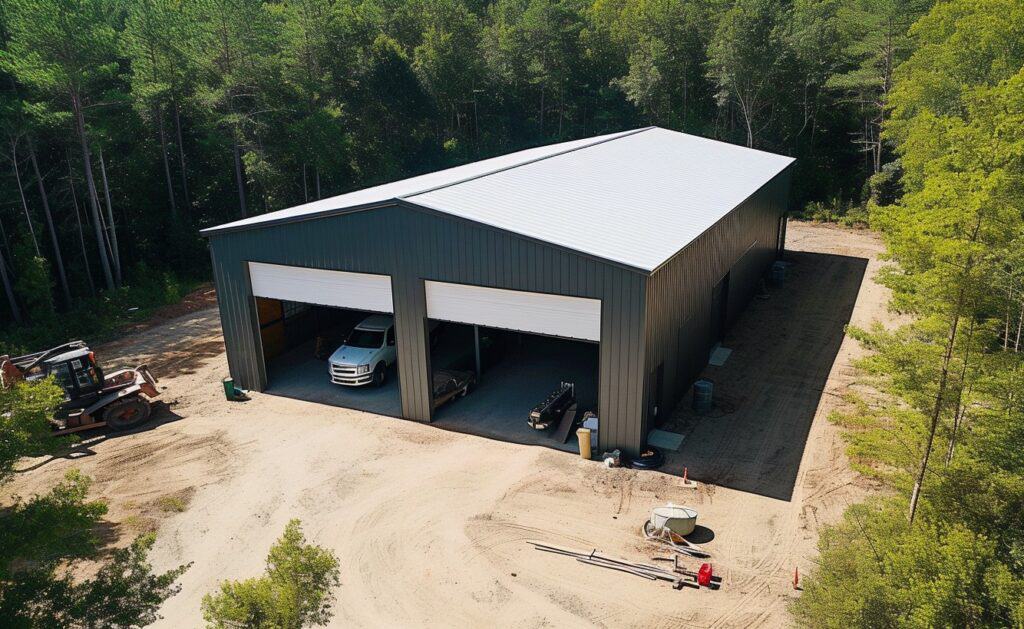
“Explore the durability of steel construction with this metal garage, a robust carport nestled in the forest.”
Agriculture and farming now need to be robust, resilient, and ready to withstand any eventuality. We must embrace steel as a critical material in agricultural infrastructures to ensure growth and prosperity in this sector.
From increasing the use of steel in agriculture to the construction of all types of agricultural buildings and sheds, the agriculture sector can significantly benefit from this versatile, durable, and cost-effective material. It’s not just a transition; it’s a revolution, introducing farmers to an arena of possibilities that uplifts farming practices.
Future-proof farming with steel is not just a concept; it is rapidly transforming into a reality, helmed by proficient rural builders worldwide. The fields of steel are the future of farming.
Embracing steel in agriculture is not only an investment in the future of your farm, but it’s also an investment in the future of our planet. Because after all, if we want to eat in the future, we need to start supporting sustainable and resilient farming practices today.
So let’s set the stage for future-proof farming and peace of mind with steel: strong, sturdy, safe, sustainable. The future of farming is indeed steel.

